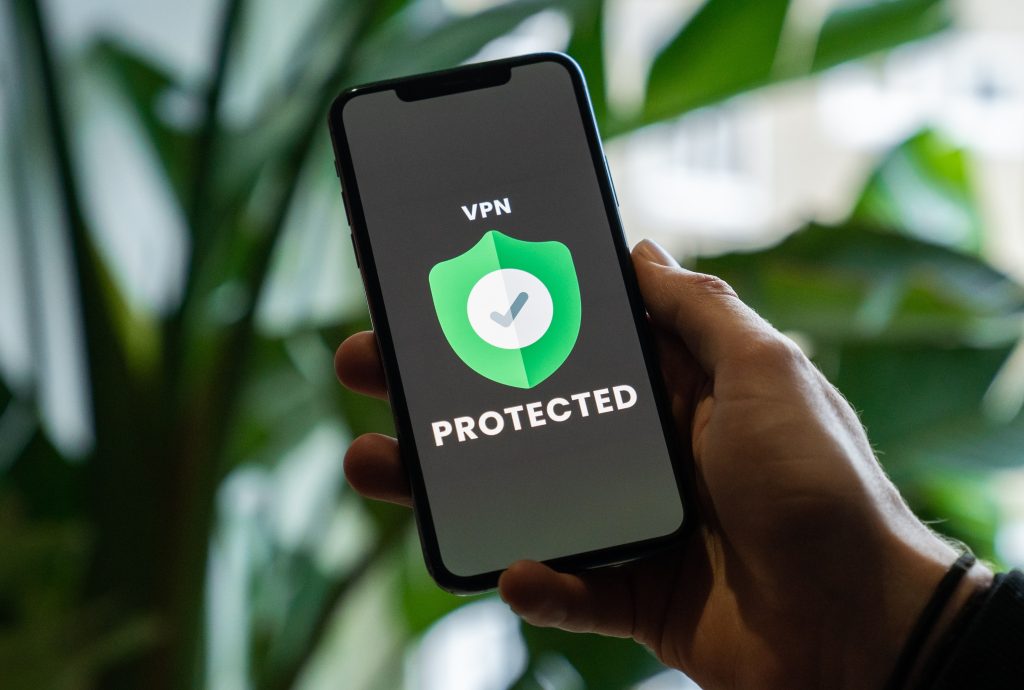The Internet has become a vital part of everyday life. People rely heavily on their computers and smartphones to access information, communicate, shop, bank, pay bills, etc. Unfortunately, cybercriminals also take advantage of these devices to steal personal information, commit fraud, and disrupt businesses. here are some tips for your network security 2021.
Network Security 2021: Tips for Securing your Network
Network security involves protecting your hardware and software systems from unauthorized access, theft, and damage. You can secure your systems in the following ways:
1. Password Management
2. Secure Wi-Fi Protection
3. Firewall Protection
4. Data Backup and Storage
5. Malware Protection
1. Password Management
Passwords are the first line of defense against intrusion attempts by hackers. Consider the following tips to improve your password management:
Make sure your password is at least 8 characters long and contains upper and lower case letters, numbers, and symbols. Use a different password for each account you create online or on your network. Don’t use the same password for sensitive accounts such as online banking as you do for less-important accounts such as shopping websites.
Don’t share your passwords with anyone else even if they say they need them to help you with technical support issues or similar situations.
2. Secure Wi-Fi Protection
Wi-Fi connections have become a convenient way for people to access the Internet wirelessly from any location with an access point or hotspot. Unfortunately, most hotspots are unsecured which means anyone can access them without a username or password. You need to rely on other forms of protection such as a VPN
3. Firewall Protection
3rd party firewall protection is not enough! Most people think that just having a firewall installed on their computer will protect them from hackers, but that is not true. A firewall is only one layer of a multi-layered security approach. You should also be using anti-virus software, and good password management software to secure your systems.
4. Data Backup and Storage
The following are some tips for backing up and storing your data:
Designate a backup location for all of your data. Ideally, you should have a backup on-site in case your main storage location is damaged or destroyed, and an offsite backup in case your main storage location is inaccessible due to an emergency such as a flood, fire, or power outage. For example, you can use an external hard drive to store your data onsite.
5. Malware Protection
Malware is malicious software that can infect computers and other devices connected to the Internet, including smartphones. It aims to steal personal information, commit fraud, disrupt businesses by breaching network security, etc. The most common way malware is spread is through phishing emails and websites or by infecting files downloaded from the Internet.
The following tips will help you protect yourself from malware:
Always use the latest version of anti-malware software on all of your devices to stay protected from malware infections. Regularly install operating system updates as soon as they become available.
